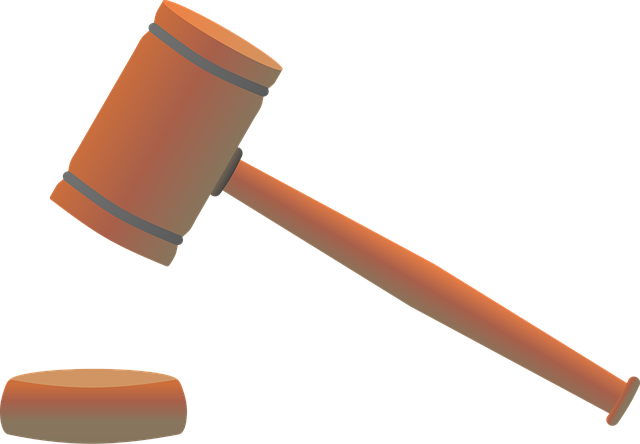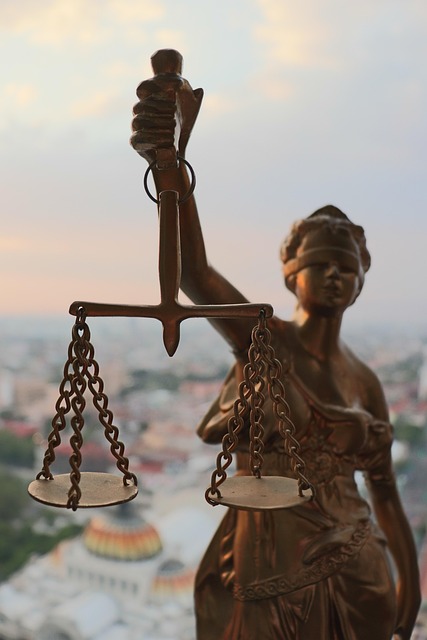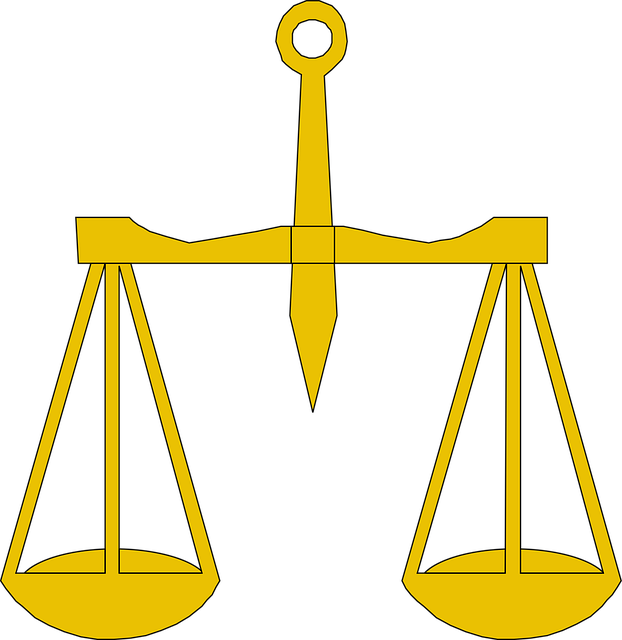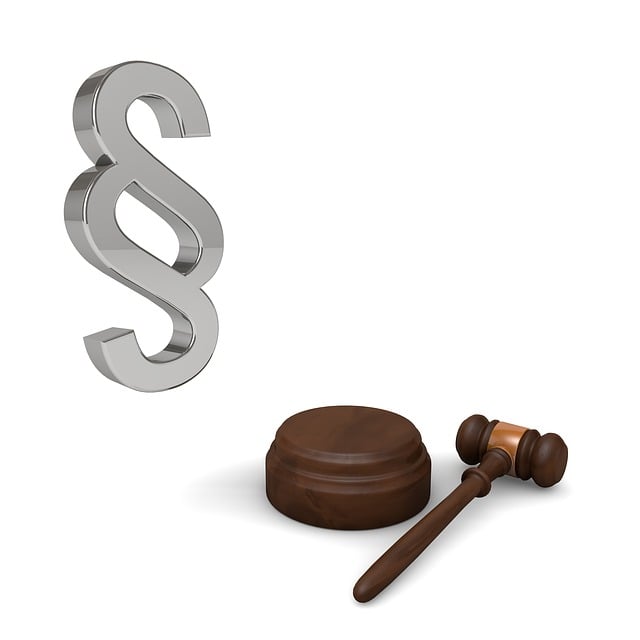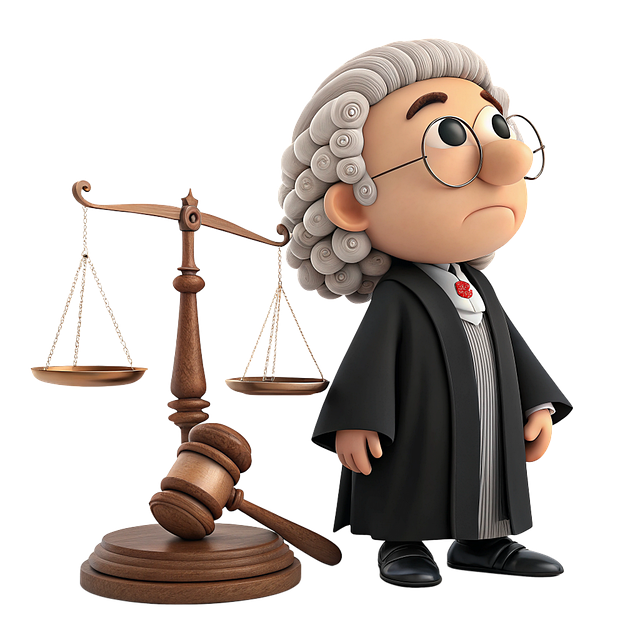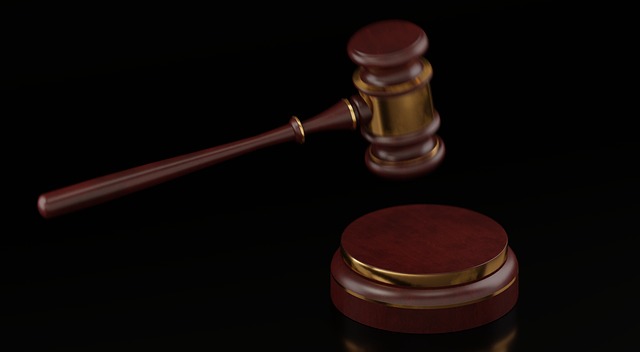Securities class actions target unethical financial practices, including unfair workplace behaviors. Individuals harmed by discrimination, retaliation, unequal compensation, or safety violations can initiate a Legal Action for Unfair Workplace Practices. This involves gathering evidence, filing a lawsuit, and navigating legal processes to secure justice, compensate victims, and deter future misconduct. These actions send a strong signal to employers, promoting ethical standards and fairness across industries, ultimately fostering safer and more equitable work environments.
“Securities class actions serve as a powerful legal tool, enabling employees to unite against unfair workplace practices. This comprehensive guide explores the intricate world of these legal actions, focusing on their role in addressing and rectifying violations.
From understanding the framework governing these cases to deciphering what constitutes an unfair practice, we’ll navigate the process step-by-step. Learn how filing a class action suit can lead to significant impact and benefits, ensuring employers are held accountable for their actions. Discover the potential for positive change through this collective legal strategy.”
- Understanding Securities Class Actions: A Legal Framework
- Unfair Workplace Practices: What Constitutes a Violation?
- The Process of Filing and Pursuing a Class Action Suit
- Impact and Benefits: Holding Employers Accountable
Understanding Securities Class Actions: A Legal Framework
Securities Class Actions are a powerful legal mechanism designed to address wrongdoings in the financial sector, particularly focusing on unfair workplace practices. When individuals or groups believe they’ve been harmed by unethical behavior, they can initiate a Legal Action for Unfair Workplace Practices. This collective approach allows them to band together and fight against corporate misdeeds, ensuring their voices are heard.
The legal framework surrounding these actions is intricate, with specific rules and regulations governing the process. The goal is often to secure compensation for affected parties and send a strong message of deterrence to prevent similar incidents in the future. For his clients involved in cases of white-collar and economic crimes, the outcome can lead to complete dismissal of all charges, providing a measure of justice and closure.
Unfair Workplace Practices: What Constitutes a Violation?
Unfair workplace practices refer to actions or policies implemented by employers that violate labor laws and go against ethical standards. These practices can include discrimination based on race, gender, age, religion, or disability; retaliation against employees who voice concerns or file complaints; unequal compensation for similar work; and denial of proper safety measures, among others. To be considered a violation, these practices must not only be unlawful but also cause adverse effects on employees’ rights and well-being.
When faced with such situations, affected employees have the legal right to initiate a legal action for unfair workplace practices. This process involves filing a complaint with relevant authorities or seeking representation from employment lawyers who can guide them through the steps necessary to secure justice. The ultimate goal is often the complete dismissal of all charges against the employee and the resolution of the underlying issues to prevent similar incidents in the future, ensuring a safer and more respectful work environment for everyone involved.
The Process of Filing and Pursuing a Class Action Suit
When considering a Legal Action for Unfair Workplace Practices, the first step is to gather evidence and assess the potential case. This involves reviewing employment records, collecting statements from affected employees, and identifying patterns of misconduct. Once sufficient grounds are established, a class action lawsuit can be filed with the court. The filing process requires a detailed complaint outlining the specific allegations, the desired relief for the aggrieved party, and the rationale for representing a larger group of individuals experiencing similar harm.
The next phase involves all stages of the investigative and enforcement process. This includes extensive legal research, motion practice to address potential challenges from defendants, and, if necessary, settlement negotiations. If these efforts prove unsuccessful, the case may proceed to discovery, where both parties exchange information and evidence relevant to the claims. Ultimately, the matter could culminate in jury trials, providing a platform for affected employees to have their voices heard and seek justice for unfair workplace practices.
Impact and Benefits: Holding Employers Accountable
Securities class actions play a pivotal role in holding employers accountable for unfair workplace practices, delivering significant impacts and benefits. When employees unite through legal action for unfair workplace practices, they send a powerful message that such misconduct will not be tolerated. This collective effort ensures that companies adhere to ethical standards, promoting fairness and transparency across the industry.
By initiating these lawsuits, plaintiffs can achieve extraordinary results, not only securing financial compensation but also fostering positive changes. The process encourages organizations to reevaluate their policies and procedures, ultimately benefiting both for his clients and the broader philanthropic and political communities. This proactive approach not only remedies past wrongs but also prevents future occurrences, creating a safer and more equitable work environment.
Securities class actions play a pivotal role in holding employers accountable for unfair workplace practices, providing a powerful legal tool for justice. By understanding the framework, identifying violations, and navigating the process effectively, individuals can ensure their rights are protected. These actions not only compensate affected parties but also send a clear message that such misconduct will not be tolerated, fostering a more equitable and respectful work environment in today’s digital era.
